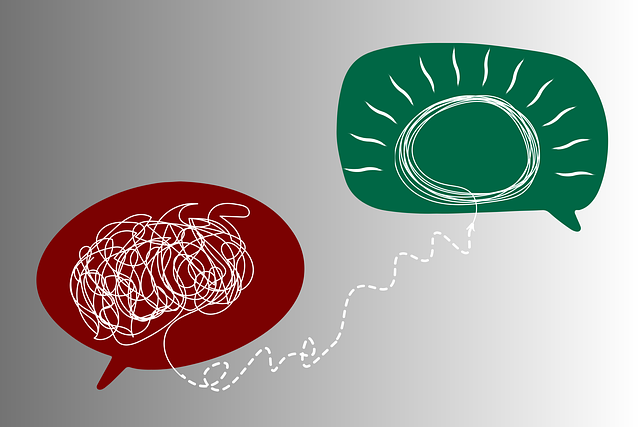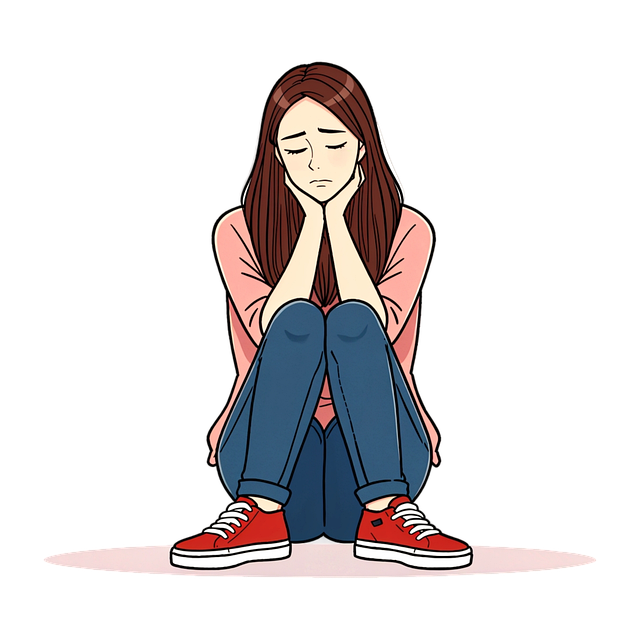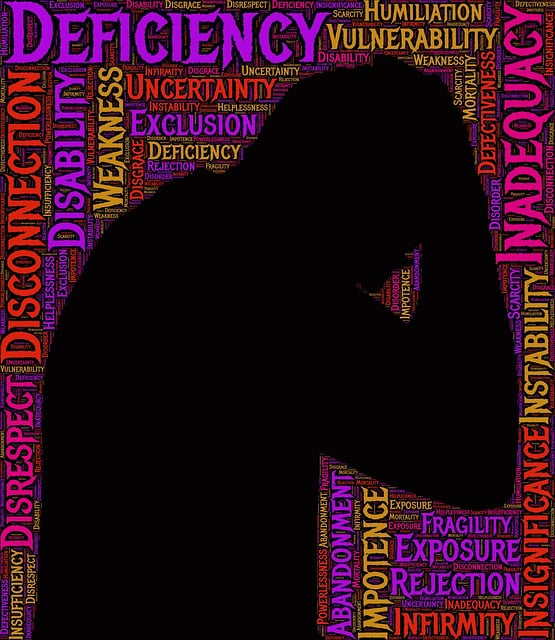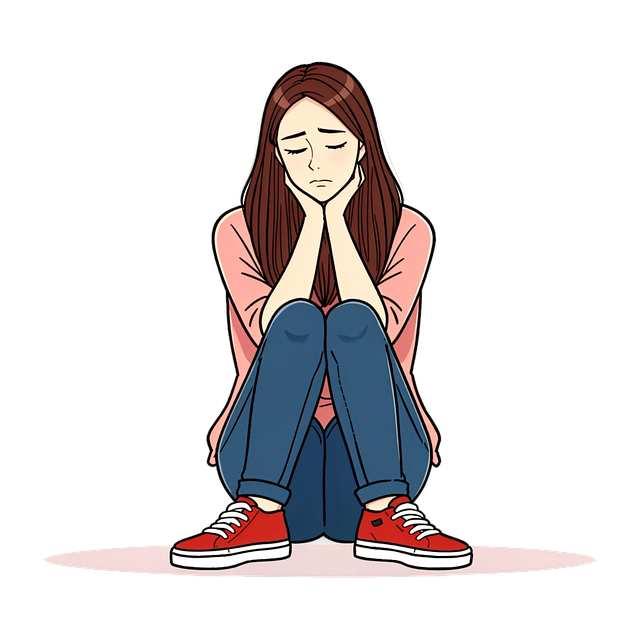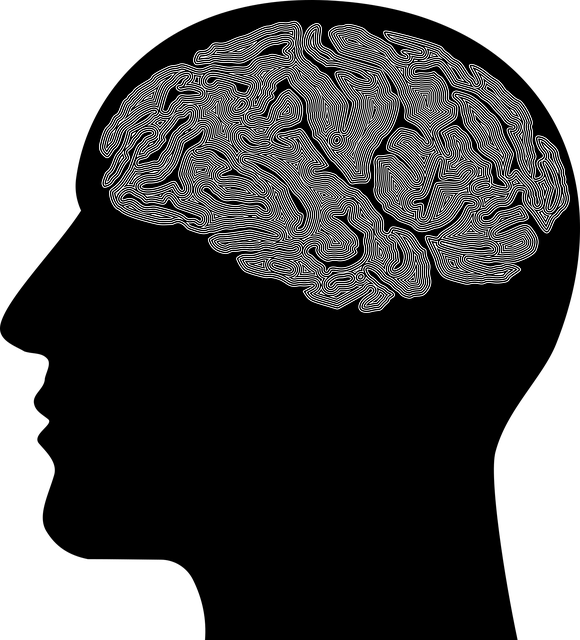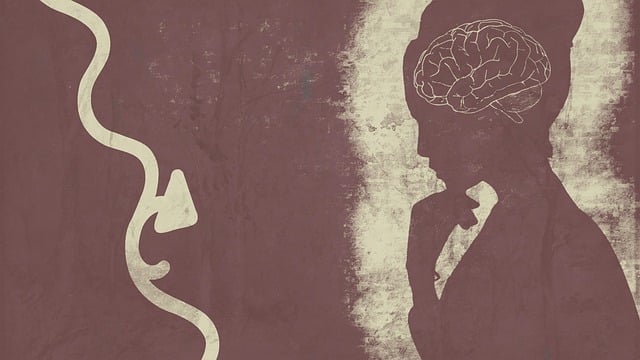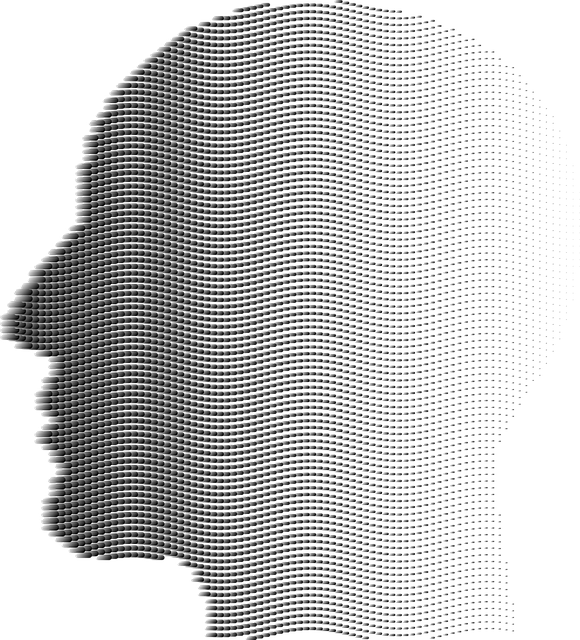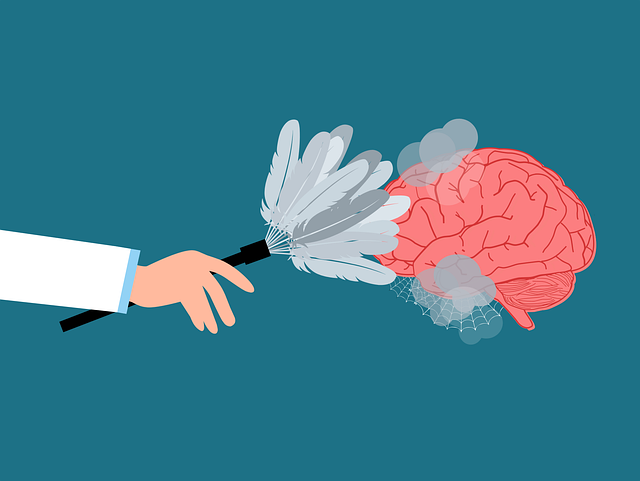Mental wellness is key to healthy aging, addressing loneliness, reduced mobility, and loss in elders through tailored therapy, including specialized programs for domestic violence survivors. Techniques like stress reduction, coaching, and journaling serve as powerful tools to enhance well-being, prevent burnout, and heal trauma. Recognizing signs of domestic violence is crucial; it impacts mental health severely, leading to anxiety, depression, or PTSD. A dedicated journaling space at home can be a safe haven for elders affected by domestic violence, fostering reflection, resilience, and healing through therapeutic writing practices. Journaling offers insights, untangles traumatic memories, and promotes personal growth, empowering elders to reclaim control and move towards recovery.
Mental wellness journaling offers a powerful, therapeutic practice for elders navigating life’s challenges. In this article, we explore the profound impact of mental health on older adults and how journaling can serve as a transformative tool. We delve into recognizing signs of domestic violence—a significant factor affecting mental well-being—and provide guidance on creating a safe space through journaling practices. Learn effective techniques to overcome trauma and promote healing, offering valuable insights for those seeking therapy and personal growth.
- Understanding Mental Wellness and Its Impact on Elders
- The Role of Journaling as a Therapeutic Tool
- Recognizing Signs of Domestic Violence and Its Effects on Mental Health
- Creating a Safe Space: Setting Up Your Journaling Practice
- Effective Techniques for Journaling to Overcome Trauma and Promote Healing
Understanding Mental Wellness and Its Impact on Elders

Mental wellness is a crucial aspect of overall well-being, especially for elders in our society. As individuals age, they may face unique challenges that can impact their mental health, such as loneliness, reduced mobility, or the loss of loved ones. Understanding these issues is essential to provide appropriate support and promote healthy aging. The world of mental wellness for elders is complex, often requiring tailored approaches to address specific concerns.
For example, those who have experienced domestic violence in their past may require specialized therapy to heal and cope. Mental health professionals play a vital role in helping elders navigate these challenges through various methods like stress reduction techniques or coaching programs designed to enhance mental wellness. Effective risk management planning is also crucial to ensure the safety and well-being of both the elders and the professionals involved, especially when dealing with sensitive issues like domestic violence.
The Role of Journaling as a Therapeutic Tool

Journaling has emerged as a powerful therapeutic tool, offering a safe and intimate space for individuals to explore their thoughts and emotions. For elders navigating the complexities of life, including potential experiences of domestic violence, this practice can be transformative. It provides an opportunity for self-reflection and self-care routine development, fostering better mental health outcomes. By committing their feelings to paper, they can process traumatic events, gain perspective, and work towards healing.
Furthermore, regular journaling is beneficial for burnout prevention, encouraging a healthy coping mechanism. It allows individuals to track their moods, identify triggers, and practice mindfulness—all essential aspects of enhancing self-esteem and overall well-being. This simple yet profound act of expression can be a game-changer in promoting mental wellness, especially when combined with other self-care practices tailored to individual needs.
Recognizing Signs of Domestic Violence and Its Effects on Mental Health

Recognizing signs of domestic violence is a crucial step in understanding its profound impact on mental health, especially among elders. This often-hidden issue can manifest through various behaviors and patterns, including physical abuse, emotional manipulation, and controlling behavior. Elders may experience heightened anxiety, depression, or post-traumatic stress disorder (PTSD) as a result of prolonged exposure to such environments.
The effects ripple beyond individual mental health, affecting overall well-being. Therapy for elders experiencing domestic violence can serve as a lifeline, offering safe spaces to process trauma and develop coping mechanisms. Mood management techniques, confidence-boosting strategies, and increased mental health awareness can empower individuals to break free from abusive cycles and build resilient, fulfilling lives.
Creating a Safe Space: Setting Up Your Journaling Practice

Creating a safe space for your journaling practice is akin to establishing a sanctuary for your mental wellness. Consider a quiet corner in your home where distractions are minimal and comfort prevails. This dedicated area should reflect your personal preferences, whether it’s a cozy armchair, soft lighting, or nearby plants. When you sit down to journal, aim to create an environment that supports emotional well-being promotion techniques.
For elders who have experienced domestic violence, establishing this routine can be therapeutic. It provides an opportunity for reflection and inner strength development. By setting aside time each day or week for journaling, you’re taking proactive steps towards healing and mental wellness. This safe space becomes a haven where your thoughts can flow freely, allowing you to confront challenges head-on and cultivate resilience.
Effective Techniques for Journaling to Overcome Trauma and Promote Healing

Journaling offers a powerful therapy for elders who have experienced trauma, serving as a safe space to process emotions and promote emotional healing processes. Through reflective writing, individuals can gain insights into their past experiences, especially those linked to domestic violence. By exploring feelings and thoughts associated with traumatic events, they can begin to untangle the complex web of memories and responses that keep the trauma alive. This mindful practice encourages self-reflection, fostering a deeper understanding of one’s emotional landscape.
Effective techniques for such journaling exercises include encouraging individuals to write freely without judgment, using prompts that guide them to explore their senses and emotions during traumatic events. Incorporating conflict resolution techniques within these entries can help elders identify unhealthy patterns and triggers associated with past conflicts, enabling them to develop coping strategies. This process facilitates personal growth, allowing them to reclaim power over their lives and move towards healing.
Mental wellness journaling offers elders a powerful, accessible therapy to navigate life’s challenges, from understanding their mental health impact to recognizing signs of domestic violence. By creating a safe space through structured practices, elders can use journaling as a tool to overcome trauma and promote healing. These techniques provide a sense of control, self-awareness, and emotional release, ultimately enhancing overall well-being. Embracing this practice can be a transformative step towards a brighter, more resilient future for both the individual and communities affected by domestic violence.
